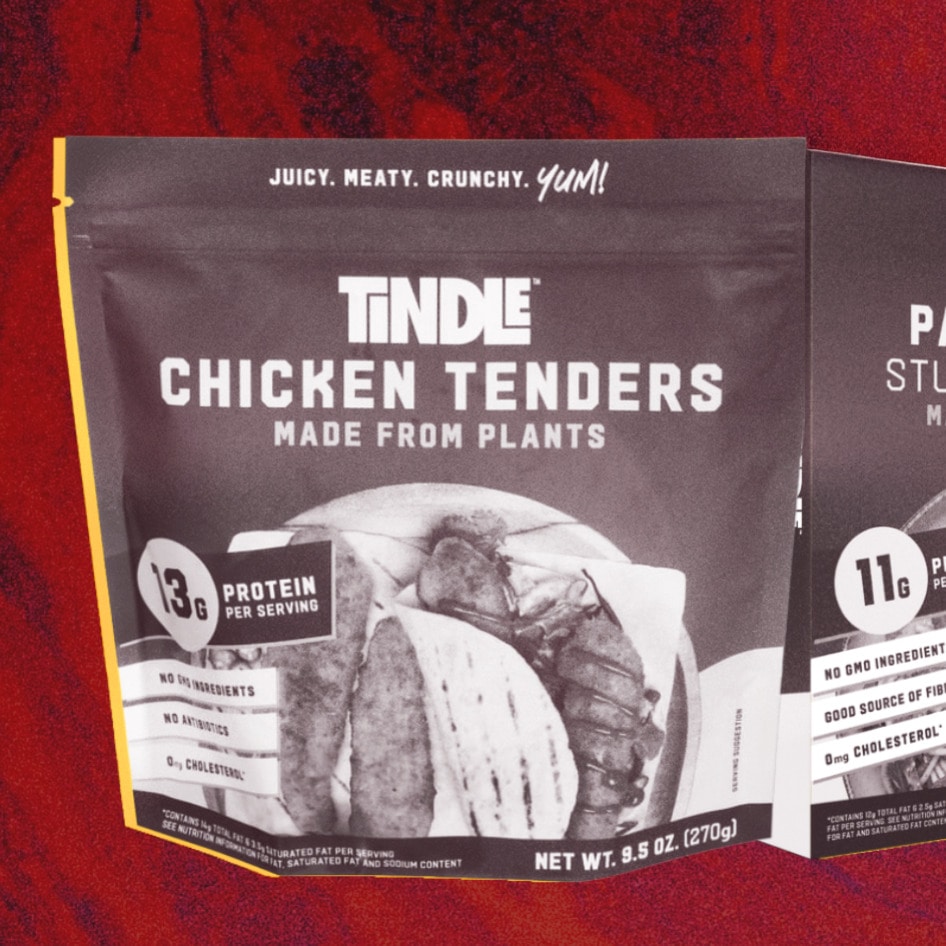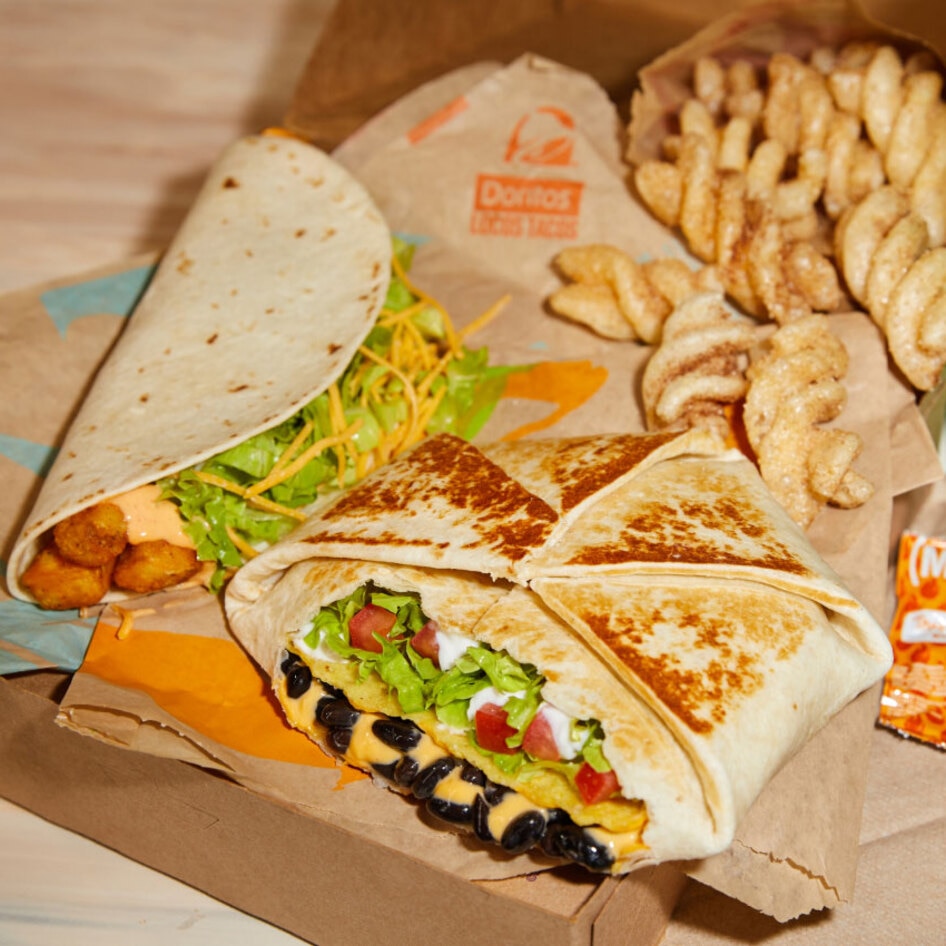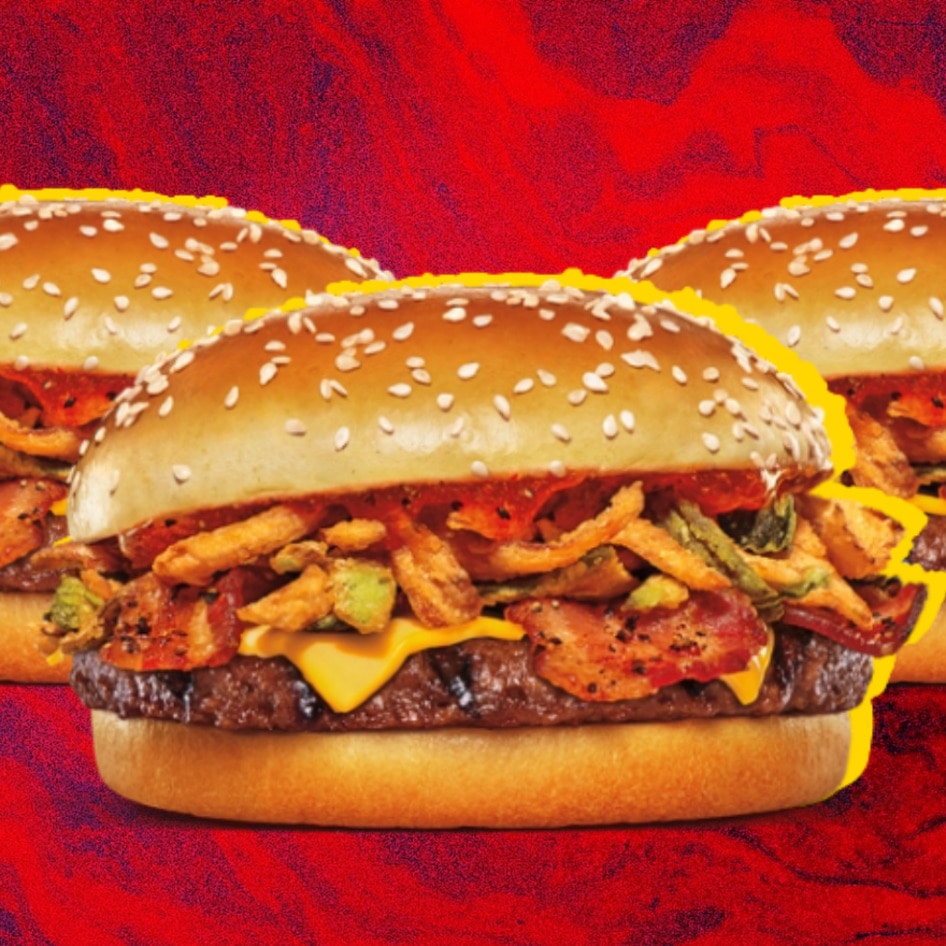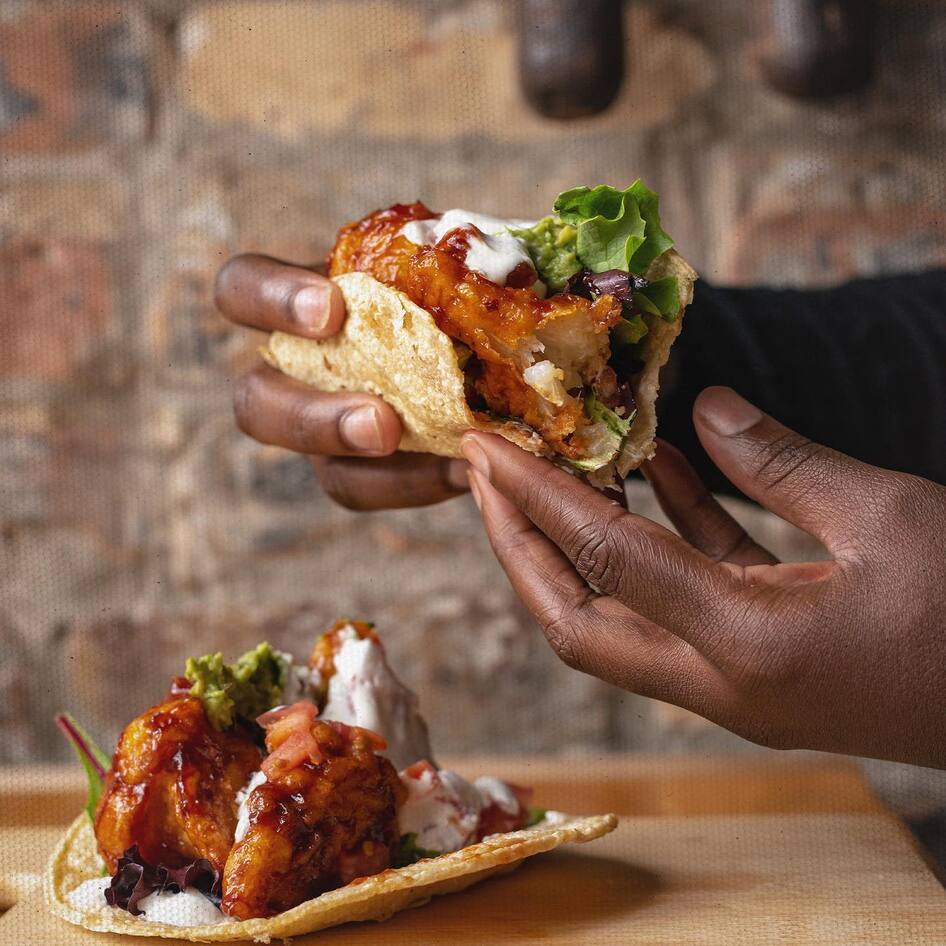Today, Impossible Foods announced the launch of its plant-based Impossible Burger at 1,700 Kroger and Kroger-owned stores in 28 states nationwide. The burger is sold in 12-ounce packages in the fresh and frozen sections with a price between $8.99 and $9.99. The company planned its retail expansion for a year and accelerated its efforts due to the COVID-19 pandemic, adjusting to meet the demand of consumers who are cooking at home as restaurants are operating at limited capacity. “Kroger’s new partnership with Impossible Foods is one more way we are providing our customers with convenient access to popular fresh plant-based meats,” Joe Grieshaber, Kroger’s Senior Vice President of Merchandising, said. “Plant-based food remains one of the fastest-growing categories at Kroger. We’re excited to continue growing our selection, especially as more customers than ever are purchasing meat products made from plants.”
The move means that Impossible Burger is now available at 2,700 stores—representing an 18-fold increase of its retail footprint—which, in addition to Kroger, includes Gelson’s, Safeway, Wegmans, Fairway, Albertsons, and Jewel-Osco. “Our existing retail partners have achieved record sales of Impossible Burger in recent weeks,” Impossible Foods President Dennis Woodside said. “We expect our retail footprint to expand more than 50-fold in 2020, and we are moving as quickly as possible to expand with additional outlets and in more retail channels.”
During a press conference today, Impossible Foods founder and CEO Pat Brown explained the differences between the production process of plant-based Impossible meat and traditional animal meat in light of the COVID-19 pandemic. Approximately 20 slaughterhouses nationwide suspended operations by late April after workers—who often stand shoulder-to-shoulder and have little time for sanitation needs—tested positive for the virus. Last week, Trump issued an executive order to compel slaughterhouses to reopen, stoking fears that the virus would spread unmitigated at meat plants and into communities. The disruption in the meat supply chain is now causing meat shortages in supermarkets and the foodservice sector. “Over time, we are sure we can fill that void,” Brown said, adding that Impossible Foods is still a small company compared to its animal-agriculture competitors. “Wait a few years and that will be very different.”
At Impossible Foods, workers do not need to engage in the multi-step process of killing animals and turning them into various products. “We deliberately created a safe environment for workers and we also pay them a hell of a lot more than slaughterhouse workers,” Brown said, explaining that all of his employees are provided with necessary personal protective equipment and are able to maintain social distancing at Impossible’s Oakland, CA production facility, which is sanitized often.
Brown’s overarching goal with Impossible Foods is to replace all food animals with plant-based products by 2035, a mission that the CEO, in part, plans to achieve by becoming more price-competitive with animal meat. In early March, the company—which has raised $1.3 billion in funding to date—reduced the wholesale price of its plant-based meat by 15 percent. “The ultimate way to ensure the demise of the [animal-agriculture] industry is to replace it with something better,” Brown said. “As the price comes down, eventually it will be game over for the animal-agriculture industry.”
In June, the company is also releasing its first official cookbook, Impossible: The Cookbook ($29.99), which is available now for pre-order. The book contains a chapter featuring burgers and other recipes created for chefs of all levels that highlight the many uses of its plant-based meat. Impossible Foods is donating $3 from each book sale to hunger-relief organization No Kid Hungry and has, to date, donated approximately 100,000 pounds of Impossible Burgers to food banks to aid COVID-19 relief.
On May 14, the company will host an all-day “Impossible Cook-a-Thon” on its Facebook page featuring actor Eric Wareheim (one half of comedic duo Tim & Eric) and chef Traci Des Jardins in an effort to further raise awareness and donations for No Kid Hungry’s efforts around its COVID-19 response.
JUMP TO ... Latest News | Recipes | Guides | Health | Subscribe







